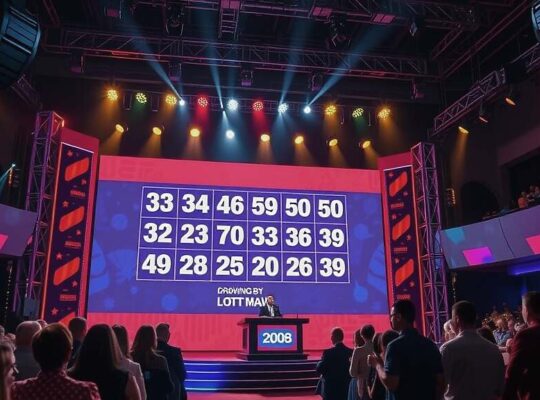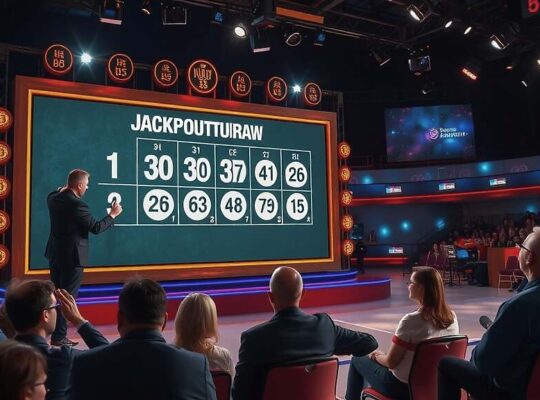Examining the Lottery’s Enduring Appeal and Societal Impact
The recent drawing of “6 aus 49” Germany’s premier lottery, has once again ignited the national conversation surrounding a seemingly innocuous pastime with significant societal and economic ramifications.. While the winning numbers – 7, 18, 28, 29, 25, 38, with a Superzahl of 9 – were revealed Saturday evening, the event serves as a stark reminder of the lottery’s pervasive influence on the nation’s finances and the underlying issues of dependency it raises.
The Deutsches Lotto- und Totoblock, the organization overseeing the lottery, boasts astonishing odds against a perfect win – approximately 1 in 140 million for six correct numbers and the Superzahl. These virtually insurmountable odds, however, do little to deter the vast majority of participants. Estimates suggest around 10 to 20 million Germans wager on the lottery weekly, with over 20 million engaging at least once annually. This scale of participation translates to a substantial contribution to public coffers, with lottery proceeds earmarked for various social and sporting programs.
However, this significant revenue stream is interwoven with concerns. While the Lotto- und Totoblock issues warnings regarding the addictive nature of gambling, critics argue that the aggressive marketing and omnipresence of the lottery actively promote a culture of risk-taking, particularly among vulnerable populations. The sheer volume of participants underscores a potentially problematic reliance on a system that thrives on the hope of improbable fortune.
The lottery’s role as a significant revenue generator for state programs also creates an inherent conflict. By relying on gambling proceeds, the government is, in essence, incentivizing a behavior with inherent risks. This dependence may compromise the state’s ability to address the root causes of social inequalities that often drive individuals towards gambling as a perceived escape or a desperate means of financial gain.
Furthermore, the lack of robust independent oversight and transparency regarding lottery operations has drawn scrutiny. While the Lotto- und Totoblock touts responsible gaming practices, a more critical assessment of marketing strategies and the allocation of funds remains necessary. The enduring popularity of “6 aus 49” highlights a complex relationship between entertainment, finance and social responsibility that warrants continuous evaluation and a commitment to protecting the public, especially those most susceptible to its potentially detrimental effects.












